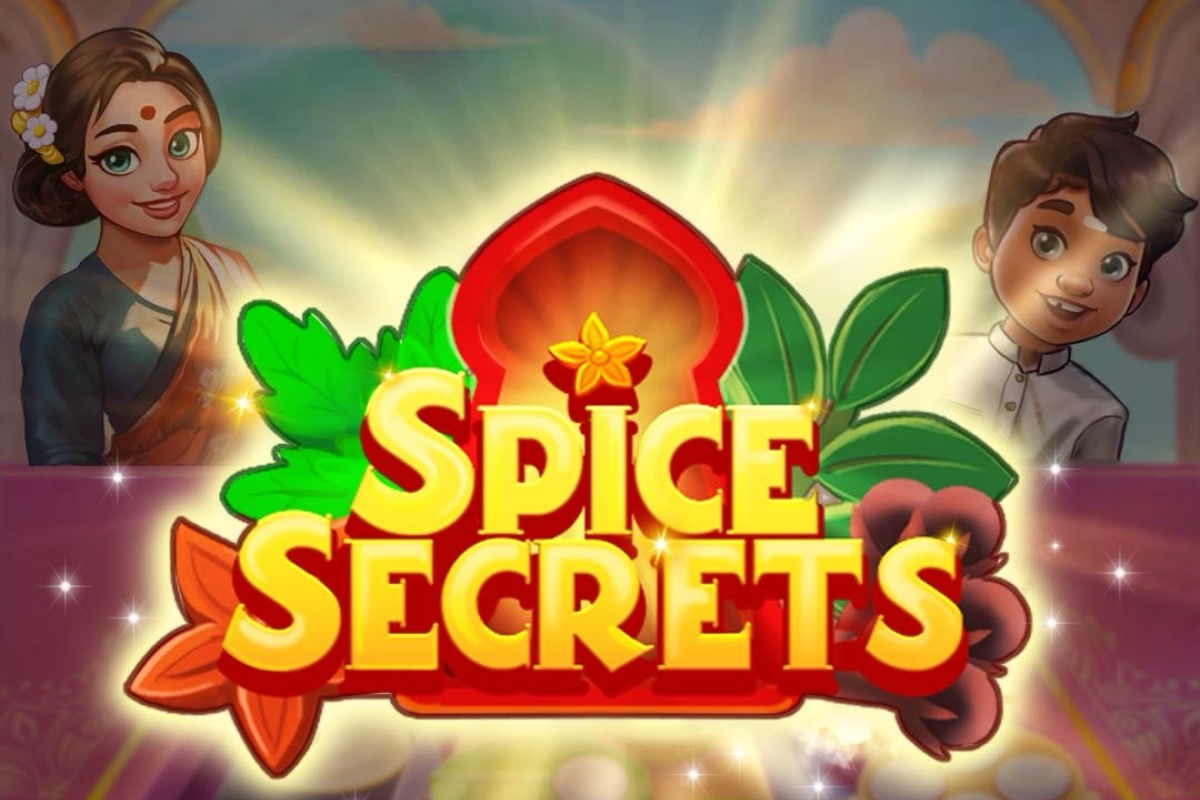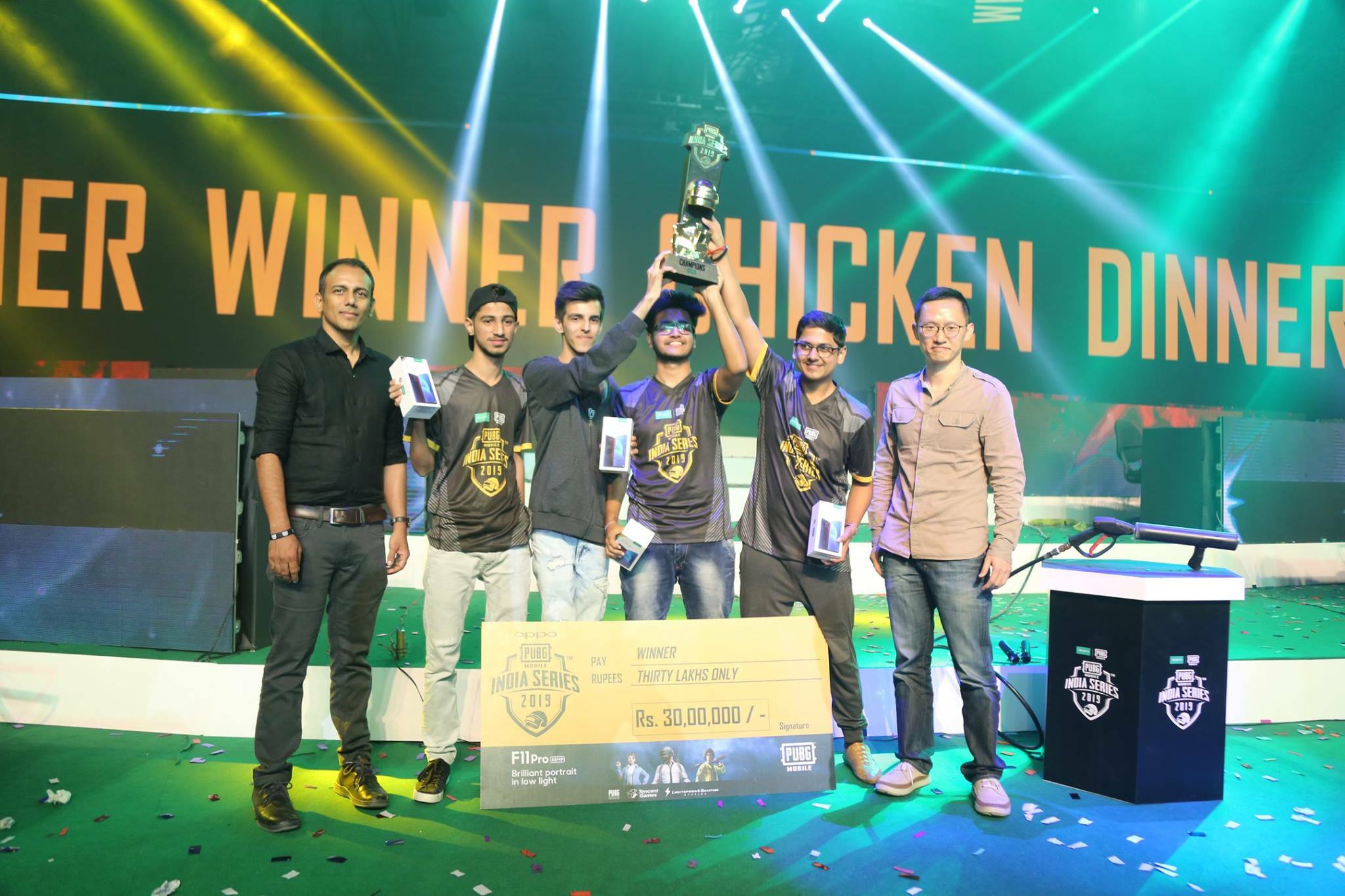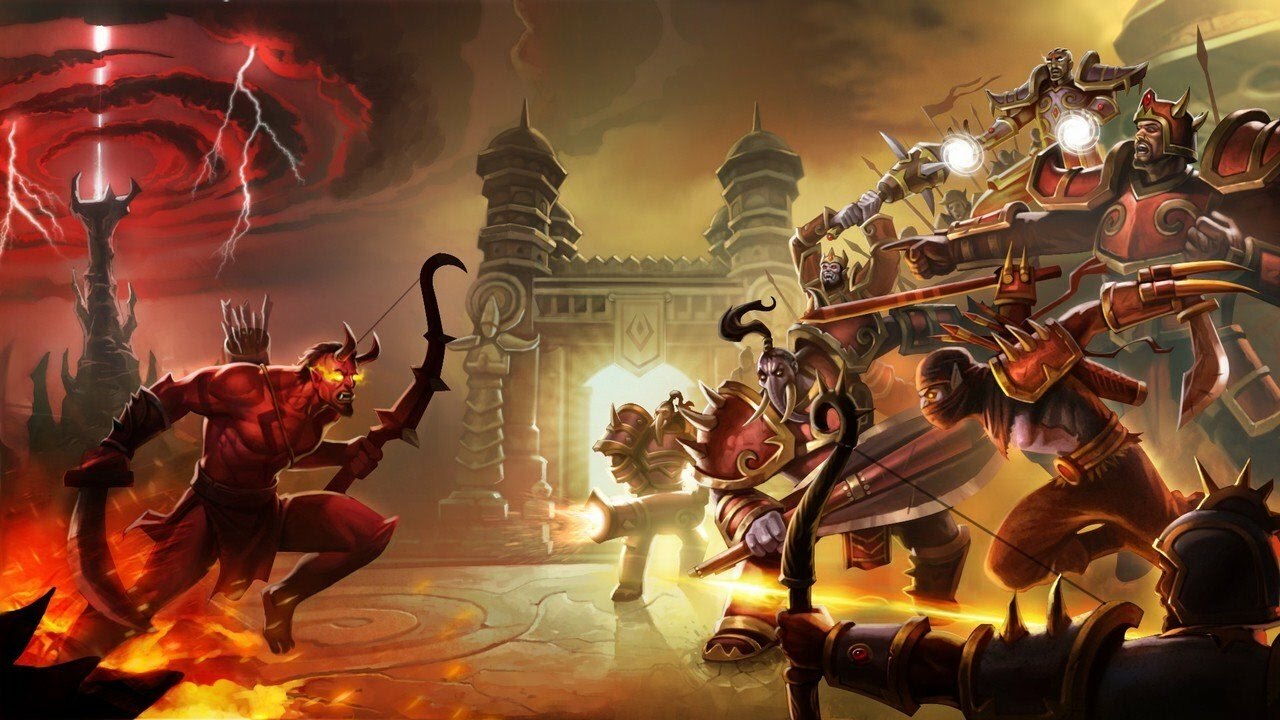Shura Games’ first game, Spice Secrets provides Indian culinary knowledge while engaging players in fun gameplay.

In the dynamic landscape of mobile gaming, Shura Games stands out as a beacon of innovation, blending culinary education with enticing puzzle gameplay. We had the opportunity to speak with Shubham Bengale, Founder and CEO of Shura Games, about their adventurous journey, their groundbreaking game "Spice Secrets," and their selection for the prestigious Krafton India Gaming Incubator (KIGI) program.
The Formation of Shura Games
Shubham Bengale, a seasoned game designer with experience at Zynga and Gameloft, founded Shura Games in April 2023. With a vision to create unique gaming experiences, Shura Games started its journey with just three members working on a prototype. Their hard work and innovative approach soon paid off when they were selected for the KIGI program.
Joining the Krafton India Gaming Incubator Program
The KIGI program, announced by Krafton India in October 2023, provided a unique opportunity for Shura Games. Going through the rigorous selection process, including presentations and due diligence, Shura Games was shortlisted for KIGI's first cohort.
Shubham while discussing the selection process for KIGI, which involved creating a prototype, a comprehensive pitch deck, and a detailed production timeline, revealed:
“Initially it was just 3 of us developing a prototype to check the appeal of our concept. After developing the prototype we were able to distribute it to friends and family, which gave us good feedback in terms of product market fit.
In around October we saw the announcement made by Krafton India about the incubation program that they were launching. I enquired about the program to understand what it would provide and how we could benefit from it.
We then created a pitch deck that outlined our product roadmap. This pitch deck wasn’t just about the game and how we would develop it, rather it was more about the overall efforts it would take to bring spice secrets from a prototype to a global launch ready game.
We then submitted the pitch deck to Krafton followed by a presentation (over zoom) and a lot of planning as to how we should schedule our production timeline and cost. Followed by contracting and due diligence which then resulted in us getting shortlisted for the first cohort of KIGI.”

Support and Mentorship from KIGI
The support provided by KIGI has been instrumental in shaping the trajectory of Spice Secrets, as the financial assistance ensures the team remains motivated to deliver high-quality results and the mentorship has been invaluable in guiding the development of "Spice Secrets" to meet global standards.
Shubham elaborates:
“The KIGI support is a split between 2 parts:
- Financial: We have received financial aid which helps us in developing spice secrets with full production power required. This financial support is a function of agreed-upon milestones and not a lump sum amount. Which is good as it keeps us motivated to develop the product at its best version to meet the promised milestones.
- Mentorship: Is more about how to properly develop the project with global standards. The mentorship is provided through a panel of mentors ranging across different verticals of game development and business development. All our Mentors are highly experienced game developers and have played a pivotal role over the past decade in shaping the mobile game industry. The panel is a mix of International and Local mentors.
It’s been just above a month in the program and we have already received such good feedback from all the verticals.”
A Journey of Innovation: Spice Secrets
"Spice Secrets" is an innovative game that combines match-3 puzzles with culinary adventures, aiming to educate players about Indian real-life culinary skills and spices through engaging gameplay. The inspiration for the game came from Shubham's experiences in Europe, where the complexity and appeal of Indian cuisine fascinated him.
“The inspiration for Spice Secrets came from my time spent in Europe. Everytime I would introduce myself and say that I’m from India the first compliment I would receive would be “OMG! I love Indian food”.
This made me investigate the locally available Indian food and understand why the western world finds it appealing. The simple answer was the complexity that it takes to make an Indian recipe.
That’s where the idea came to me - What if I can teach the western world how to cook simple Indian recipes like Anda Bhurji? Would it change their daily breakfast routine from scrambled eggs to Anda bhurji?” Shubham tells EarlyGame India.

Unlocking Culinary Delights: Gameplay Mechanics and Educational Value
In "Spice Secrets," players engage in match-3 puzzles that serve as inputs for cooking various Indian recipes. These recipes become collectibles, forming pages in a virtual recipe book that players can use in real life.
What sets Spice Secrets apart from its counterparts in the gaming arena is its overall structure and the game loop. Shubham says, “We are providing an engaging yet educating experience through our gameplay which has real life applications. I do not see any other game providing culinary knowledge while engaging players in a fun gameplay.”
Development Progress and Market Competition
While it is still early in the development process, Spice Secrets is steadily progressing towards its anticipated release. With a dedicated team of passionate developers and the unwavering support of KIGI, Shura Games aims to unveil Spice Secrets to the world by September of this year.
Shubham envisions "Spice Secrets" not just as a game but as a platform to educate the world about Indian spices and culinary art. He says, “Historically we were invaded for our spices but I want to reverse that boat and address that curiosity through Spice secrets.”
The founder also sees Spice Secrets competing with major titles like “Candy Crush, Royal Match, GardenScapes and a few other match 3 titles with a meta on top,” thanks to its unique educational angle and engaging gameplay.
Smooth Hiring and Team Expansion
Shubham also shared insights into how the team expanded from three founders to ten game developers within a month.
Their rapid growth is fueled by their quick and unconventional hiring process. Instead of focusing on degrees or educational backgrounds, Shura Games prioritizes practical experience with AI tools, reflecting their commitment to innovation. Communication and soft skills only come into play if it is essential for the role, allowing the team to focus on technical prowess and innovation.
Shubham reveals, “We are very fast when it comes to interviewing a candidate. We sit together and go through the portfolio to generate questions that we later ask the candidate during the interview process.
We have set some ground rules for our hiring process:
- Never ask any candidate about their degree, graduation, educational background.
- Make sure the candidates have some prior knowledge of using AI tools. (We are an AI driven gaming studio)
- Communication and soft skills are not a barrier unless the role demands a good communicator. (We are all Indians here and English is not our first language).”

Moreover, because of their Incubation with Krafton, they were able to hire some of the top-tier industry talents that have relevant experience in terms of developing Spice Secrets.
Advice for Aspiring Game Developers and Recommended Resources and Practices
For aspiring game developers, Shubham Bengale shares invaluable insights garnered from his own journey in the industry.
Shubham shares:
“I have a different set of advice for different set of game developers:
- Early devs/ Students: Focus on developing your portfolio. DO NOT MAKE THE MISTAKE of just developing one type of game with different art assets. Play around, experiment with different complexities, mix and match random mechanics, participate in GameJam’s.
Your hiring manager is not going to validate you as a potential employee for your degree certificates! You will primarily be judged on your portfolio and your ability to solve problems and to deliver. Every interviewer wants to see how they can fit you in their team, what skill sets do you possess and how they can help you become a better game developer, designer, artist, etc. - Mid tier (3-7 years of experience): Build analytical skills, your ability to create an experience for users has been validated over your years of employment. Now focus on understanding why games make money and what works for which set of users. You need to add skills like Monetization, Data driven approach, Analytical thinking, Production planning and Leadership to your portfolio.
Deconstructing games for your entire game team is the best activity for someone to perform in a corporate setting. This will help you broaden your horizon and can also help in creating a better case for your promotion/appraisal. - Seniors: Host workshops, as this will increase your network and help you get some external work/ better job opportunities. These workshops need not be just a physical activity; these can just be online workshops where you use your social media profiles to draw in attendees and educate them about a new topic, tool, methodology, etc. But please check with your recruiter before hosting something like this.”
Shubham recommends continuously playing and deconstructing games to understand what makes them successful and how you can apply these learning to your own project. He says, “Game development is an ever evolving field where every week a new formula is invented so just avoid relying on books for learning how to develop a genre driven game as most of them are outdated. Instead rely on educational courses provided across multiple platforms on the internet. Never stop learning!”
Overall, Shura Games, under Shubham Bengale's leadership, is poised to make a significant impact on the mobile gaming industry with "Spice Secrets." Their innovative approach, coupled with the support from KIGI, promises a game that not only entertains but also educates players about the rich culinary heritage of India.




























